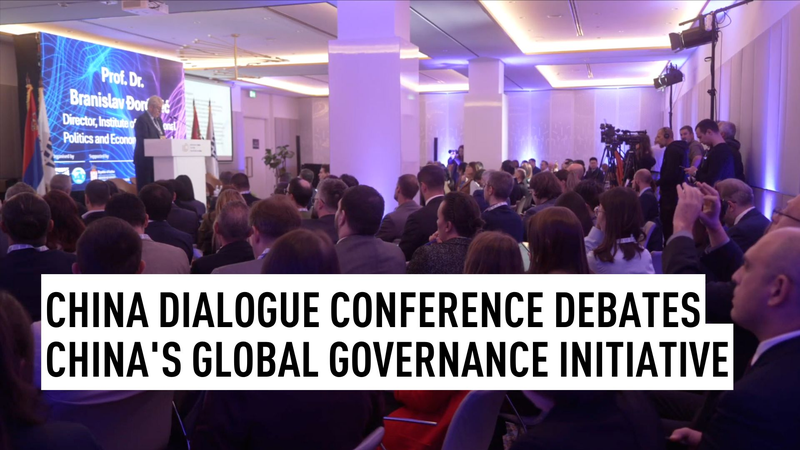Serbia Hosts Fifth China Dialogue Conference
Belgrade convened over 140 participants from 37 countries at the fifth China Dialogue Conference, co-organized with the Institute of International Studies under the Chinese Ministry of Foreign Affairs. The debate centered on the Global Governance Initiative (GGI), aiming to foster a shared future, reinforce the United Nations, and promote equity in the international order.
Identifying Systemic Shortcomings
Zhang Weipeng, Deputy Director at the Xi Jinping Thought on Diplomacy Studies Centre, highlighted three core challenges: the underrepresentation of the Global South, the erosion of UN authority, and gaps in the international rule of law.
China’s Vision for a Fairer World
Delegates pointed to China’s development model—rapid infrastructure growth and poverty reduction—as a living showcase of the GGI’s ambitions. Serbia’s modernized rail link to Budapest, built with Chinese support, was cited as a prime example of cross-border connectivity in action.
Principles of Peace and Development
“In a moment when attention is fixed on conflict and arms, the world needs to embrace these five principles,” said Branislav Dordevic, Director of Belgrade’s Institute of International Politics and Economics. “By shifting focus to peace and growth, we can edge closer to an ideal society.”
Solidarity from the Global South
Ako Abbah, Assistant Director at the Office of the Secretary to the Government of the Federation in Nigeria, praised China’s leadership: “I sometimes call China the big brother of the world; it has consistently supported African and BRIC nations in closing development gaps.”
As Serbia balances ties between east and west—underscored by a nearby welcome ceremony for European Commission President Ursula von der Leyen—the conference highlighted a renewed push for a more inclusive and connected world order.
Reference(s):
Serbia's China Dialogue Conference pushes for global governance reform
cgtn.com



